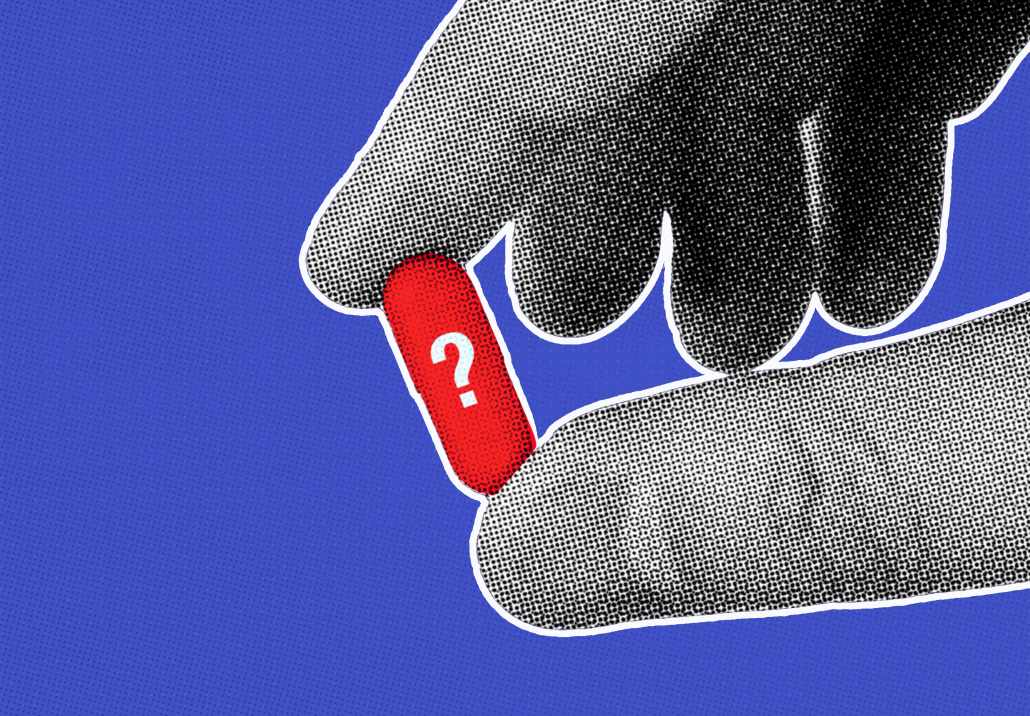It is not about promoting drugs, it’s about encouraging safer drug use

Since 2016, fentanyl overdoses have been on the rise and today fentanyl is the number one cause of drug overdoses and deaths. According to the National Institute on Drug Abuse, in 2020, there were approximately 92,000 fentanyl-poisoning related deaths across the world, a devastating number that is only continuing to rise year by year.
Fentanyl is a highly addictive and extremely powerful synthetic opioid, just two milligrams of the drug — the equivalent of a few grains of salt — is considered a lethal dose. While it is considered safe when professionally prescribed, it is often illegally used at a much higher dosage. Drug manufacturers will often mix fentanyl into other illegal substances such as cocaine and ecstasy because it is a cheaper alternative that is often easier for them to get their hands on. Dealers try to make a quick buck by selling it to unknowing customers, therefore putting these customers at high risk of an accidental overdose or fentanyl poisoning.
This is a serious issue that we all must address, and while it may seem like the obvious choice to just eliminate all illegal drugs, that’s, frankly, impossible. We as a society must do a better job at compassionately addressing the ongoing issues of drug use, fentanyl-lacing, overdoses and addiction across the world. The first step in that process is to approach the situation in a realistic way because it’s past time that we accept the fact that prohibition does not work.
While it may sound pessimistic, we must admit that in the modern world where technology has offered an unprecedented level of access, people will always find a way to get their hands on drugs and use them recreationally regardless of whatever laws exist or may exist in the future. Addiction is real and cannot be addressed solely by our efforts and forewarnings.
One effective approach that has already been implemented in some communities is the provision of resources for “safer” drug use. The National Harm Reduction Coalition is an organization that supports the lowering of drug-related risks, such as overdoses as well as diseases like HIV and hepatitis C, by applying evidence-based harm reduction strategies around safer drug use.
From providing sterile syringe access to supervised consumption services, the Coalition contextualizes drug use and acknowledges that addiction is not a choice. It is a disease — one that is killing thousands because of improper and unsterile drug administration. While there is no doubt that drug use will always be accompanied by great risks, we can certainly advocate for safer drug use in an attempt to lessen the risks of drug use and prevent accidental deaths and overdoses.
Promoting safer drug use can be done in a variety of ways, such as encouraging individuals to test their drugs for unwanted substances, like fentanyl, before use. Several countries have begun to embrace this kind of approach to the opioid epidemic. The Netherlands even has anonymous drug testing sites available to all its citizens and tourists across the country, and has already seen a decrease in overdose fatalities.
Another resource is supervised consumption services, which are designated sites where people can use pre-acquired drugs under the supervision of a trained professional, significantly reducing the risk of overdose. Supervised consumption services have been growing in prominence over the last thirty years and now have over 100 sites in over 60 cities and 11 countries across the world. The effectiveness of these sites is evident and hopefully they will continue to be implemented worldwide. Key benefits shown with SCS include reduction of overdosing, injection-related infections, improvement of health and drug treatment services to those addicted to drugs, public safety and finances as it saves millions of dollars just with the reduction of HIV infections.
While some people believe access to these resources are responsible for promoting drug use, their true goal is to keep individuals safe and prevent drug-induced deaths — which they have accomplished with flying colors. Access to these resources is undoubtedly essential in combating the opioid epidemic and preventing overdoses in society.
Advocating for safe drug use, even for illicit substances, isn’t a scheme to increase drug abuse but rather a method meant to save lives and allow addicts to seek help without fear. Until our attitude and methods of combating drug abuse changes, it will only continue to grow and take lives.

